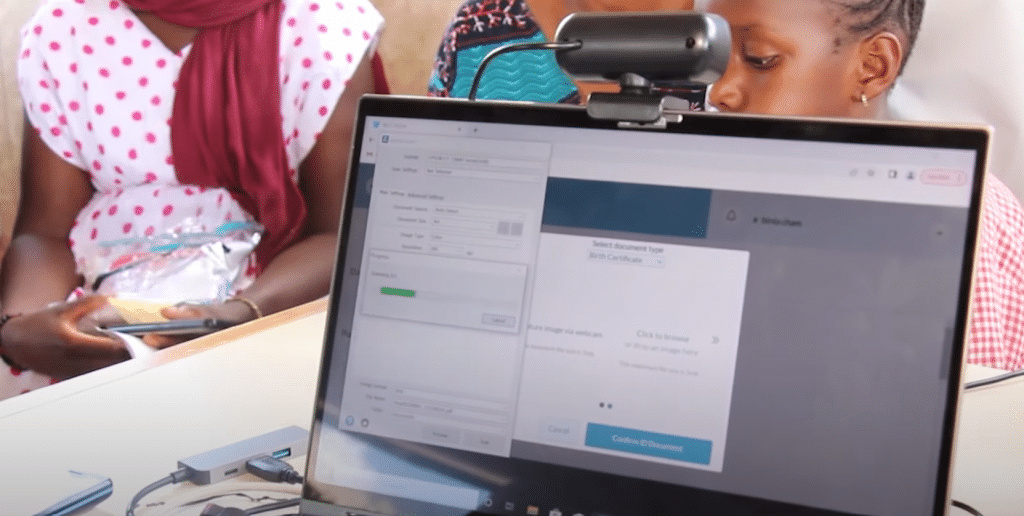A World Bank-supported project to help set up a digital Civil Registration and Vital Statistics (eCRVS) system for The Gambia has seen the issuance of birth certificates and social insurance cards to 1.17 million people, representing more than half of the country’s estimated population of 2.71 million citizens.
The success of this project recorded within a period of seven months is highlighted in a blog article published by the Bretton Woods institution recently.
According to the publication, the project, dubbed Gambia Essential Health Services Project, has overseen the transformation of the country’s hitherto analogue civil registration architecture into a seamless digital system where birth certificates and insurance cards are issued with a unique identification number.
This has been possible through a mass civil registration campaign which was successful thanks to a combination of efforts. Between August 2022 and February 2023, the mass registration of births and national health insurance memberships resulted in the registration of 1,167,460 people of all ages.
The article notes that prior to the project, The Gambia had just around 59 percent birth certificate issuance coverage, which meant that many citizens were unable to fully enjoy certain public services requiring legal identity.
Also because of the paper-based nature of birth certificates, keeping a tidy record of citizens at national and sub national levels for effective socio-economic planning proved difficult.
The implementation of the project is said to have faced difficulties at various levels, but with a multi-sectoral approach, fruits were eventually obtained. Whie the World Bank provided technical support from the project inception to execution, the government also showed sufficient political will, leading negotiations with a software company to “secure an electronic civil registration software at a discounted rate.”
On the government side, The Gambian Ministries of Health and Interior were at the forefront of the efforts, while partnerships from other stakeholders also proved useful.
Commenting on the project, The Gambia’s Minister of Health, Dr Ahmadou Lamin Samateh, said: “In The Gambia, we want all births to be registered. It helps us in planning. For instance, we were discussing with the Ministry of Basic and Secondary Education to ensure all children have birth certificates at the time of enrollment in schools in order to ensure universal access to education.”
With the success of the mass enrollment process, The Gambia hopes to expand the registration to all public services in other to ensure timeous registration of newborns and other members of the general public. The activity has also served as an example to be emulated as a delegation from Cameroon recently made an understudy tour to tap inspiration and share experiences.
The Gambia is looking forward to a digital ID implementation framework through a project supported by the United Nations Economic Commission for Africa.










